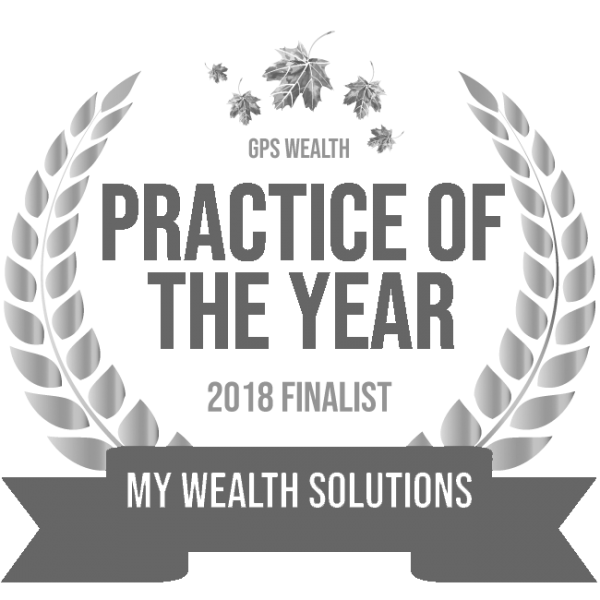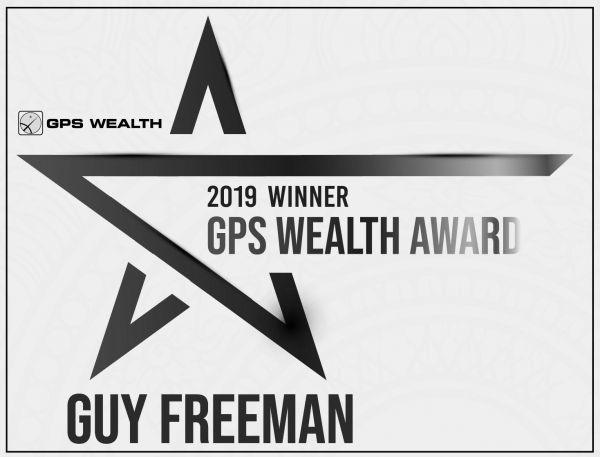CARE is what happens when you combine good investor behaviour with smart, extensive, research-based decision making.
The CARE Investment Philosophy was created to give you the peace-of-mind that comes from knowing your financial future is secure without you having to be involved in every tiny detail.
CARE can be split into four unique aspects, or buckets, that work together to secure your financial future while ensuring you’ll never have to worry about your money.
-
Having clear goals is the best way to make investment decisions
Clear, defined financial goals should form the basis of any investment decision. Whether you’re saving for a house, building a nest-egg for retirement or just want to maximise your retirement income, defining exactly why you want to invest will help us to choose the right investment options for you.
-
Neither speculating nor saving is investing
In our experience, neither speculating – otherwise known as the process of buying an asset in the hope that the price will go up and you will make a profit – nor saving are investment strategies.
Investing is buying an asset while planning to enjoy the income generated from that asset. If the investment is a good one, made after thoroughly researching how it meets your unique financial goals, then the income and asset value will grow. You can then reinvest this income to grow your wealth.
-
Long term investing in good quality growth assets is the best way to passively build and preserve wealth
For most of us, our investment time frame should be the rest of our life. But in a practical sense, we define long-term investing generally as 5 to 7 years. By simply buying assets, which are known as passive assets, you will be able to build your wealth without being actively involved.
Active investments, which include renovating a property or buying a business, have the ability to produce much higher returns than passive assets but they also come with a much higher chance of losing all your money.
-
Growth assets are predominately shares and property
Both shares and property produce an income, shares through dividends and property through rent. Both also form important cornerstones of your overall investment strategy. Shares and property generally grow in value if they are well selected and can be held directly or through managed investments.
-
Good quality professional management is important
As professional financial advisors, we have more time, resources, education and experience in selecting and managing your investment portfolio. Creating and growing a healthy investment portfolio can be a complicated task, with questions like what to buy, when to buy, how to value and when to sell is only the beginning.
Having a team of expert financial advisors on your side means that every investment decision you make will be based on comprehensive research and tailored to your unique needs.
















